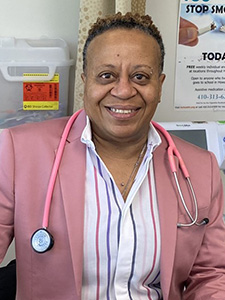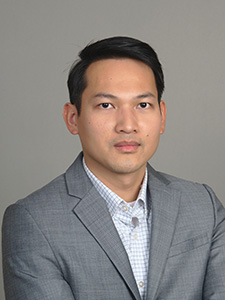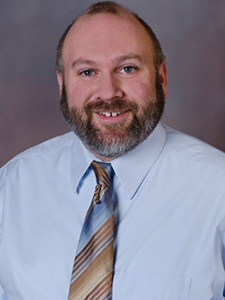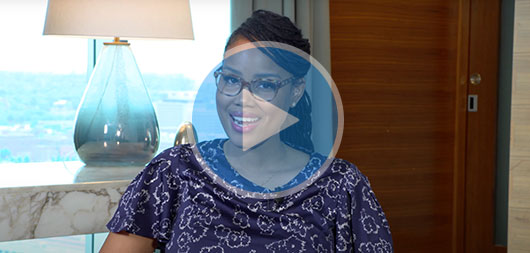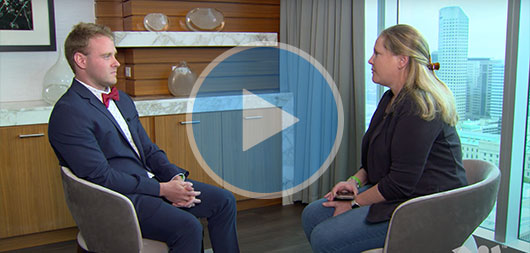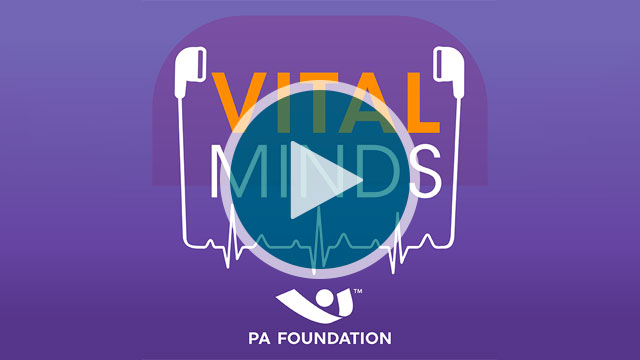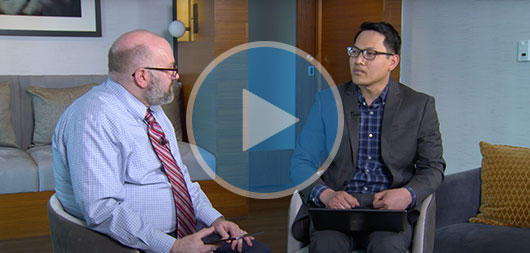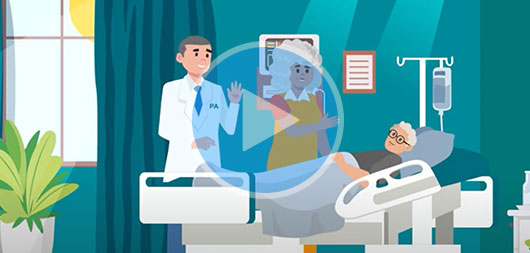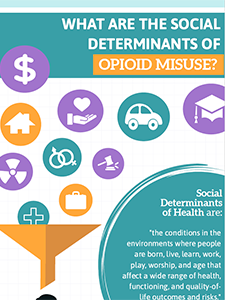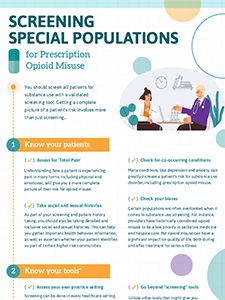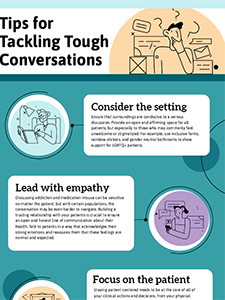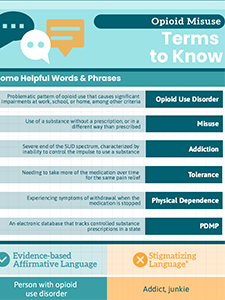Preventing Prescription Opioid Misuse in Special Patient Populations
About the Program
This curriculum focuses on preventing prescription opioid misuse in special patient populations. With mounting evidence about the pathways to prescription opioid misuse, we focus on introducing students and professionals to the subtleties of opioid misuse prevention in the following patient populations:
- Patients in the LGBTQ+ community
- Youth and young adult surgical patients
- Palliative and hospice care patients
- Pain patients in opioid use disorder (OUD) recovery
Through these resources, students will:
- Understand the realities of opioids and opioid use disorder
- Recognize the unique vulnerabilities of special patient populations
- Learn to be patient-centered in their efforts to prevent prescription opioid misuse among special patient populations
- Identify the cause of their patient’s pain and prioritize treating for function
- Appreciate the importance of building a trusting, respectful relationship with their patients
Meet the Faculty
Practicing PAs with expertise in OUD, pain management, and each of our special patient populations developed this content and have presented the material to PA programs across the country. Their experience and expertise provide valuable insight into preventing prescription opioid misuse among patients in vulnerable populations. Click below to learn more about these faculty members.
Presentations
Each of the videos below explores a different element of preventing prescription opioid misuse in special populations. They may be watched in any order and at your own pace.
Interactive Presentation: Special Patient Populations
This interactive module provides background information on four special patient populations, outlines their risk factors for prescription opioid misuse, dispels myths and misconceptions, and offers strategies to improve outcomes. Answer quiz questions to test your knowledge!
Vital Minds Podcast: The Role of Peer Support Specialists in Preventing Prescription Opioid Misuse
Rich Bottner, PA-C, and Jessi Davis of the National Association of Peer Supporters share insights on how peer support specialists can help patients and providers navigate challenging situations and reduce the risk of prescription opioid misuse.
Downloadable Materials
View other PA Foundation programs on SUD/OUD for additional resources and training materials:
- Preventing Prescription Opioid Misuse
- Addressing Pain Management Via Telemedicine
- Preparing to Address Substance Use Disorder in Practice
- Substance Use Disorder Programs
LGBTQ+ Resources
- NIDA – Substance Use and SUDs in LGBTQ* Populations
- CDC – LGBT Youth Resources
- SAMHSA – LGBTQ+ Behavioral Health Equity Center of Excellence
Youth & Young Adult Resources
- Pennsylvania Commission on Crime & Delinquency – PA Opioid Prevention Project
- NIDA – College Age & Young Adults
Hospice & Palliative Care Resources
- Johns Hopkins – Palliative Care Methods for Controlling Pain
- NCI – Cancer Pain Control: Support for People with Cancer
- ACS – Opioids for Cancer Pain
OUD Recovery Resources
Questions about this program? Contact the PA Foundation.
The PA Foundation produced and is solely responsible for the content of this program. This project was funded through a grant by the AmerisourceBergen Foundation. Special thanks to the presenters and the coordinating team of the PA Foundation: Joanna Weston, MPH, project manager; Caroline Pierce, senior manager, communications and programs; and Lynette Sappe-Watkins, CFRE, executive director.


